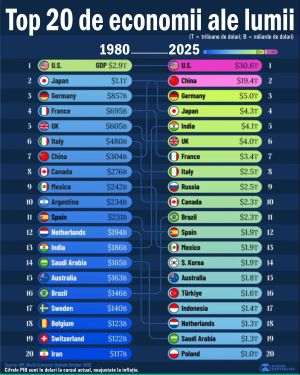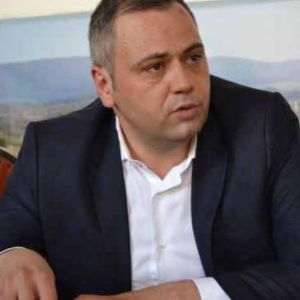Although the Permanent Electoral Authority (AEP) and the Ministry of Foreign Affairs (MAE) organized an extended three-day voting process for the diaspora, the participation of Romanians abroad at the polls in the first round of the presidential elections left much to be desired compared to the mobilization in 2014 and 2019. According to data centralized until Sunday at 3:00 p.m., the presence of the diaspora in yesterday's election was significantly lower than in the previous presidential election, although Romanian citizens in other states had three days to express their option: Friday, Saturday and Sunday.
However, in the second part of the day, Romanians abroad came out to vote en masse, so that at 6 p.m. the number of those who voted stood at 705,100, higher than the total number of voters in the Diaspora - 675,000 - in the first round of the 2019 presidential elections. In any case, although we are talking about a substantial number of voters, this is far from the potential of the over 4 million Romanian citizens outside the country's borders. The three-day voting system, with an extended program until midnight for those in line, seems not to have been enough to stimulate participation. Unlike previous elections, when endless queues at polling stations were an intensely debated topic, in 2024 no major organizational problems were reported. On the contrary, voting conditions were better than ever. Romanian authorities have set up over 950 polling stations in the diaspora, many of which are located in areas with high density of Romanian communities, such as Italy, Spain, Germany and the United Kingdom.
The low mobilization in the first two and a half days raises questions about the civic involvement of Romanians in the diaspora. If in 2019 there was talk of "diaspora as a decisive factor" in the election of the president, the situation in 2024 seemed to show a paradigm shift, a change that did not materialize. The initial absenteeism was probably also based on disappointment with the current electoral offer.
Political analysts present yesterday at the debates on Digi 24 and B1 TV stated, however, that the number of Romanians in the Diaspora who will go to the polls will be much higher in the second round of the presidential elections, on December 8, because then they will clearly have one option or another, and not 13 like yesterday. In any case, the diaspora's mobilization to vote in the last part of yesterday's election should not be overlooked. Especially in a context where the Diaspora vote has been crucial in recent electoral cycles, the low turnout at the polls in the first two and a half days sends an alarming signal about the alienation of Romanian citizens from national politics. If the Romanian state wants to keep the diaspora involved, it must respond more effectively to their needs and concerns.














































